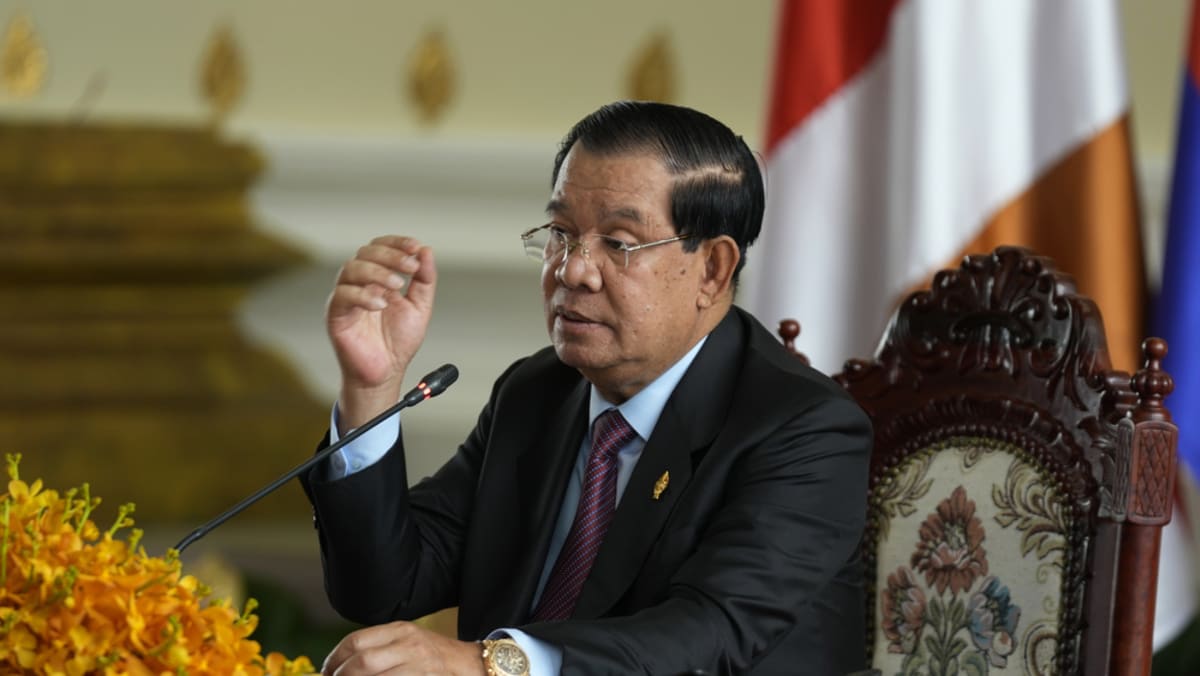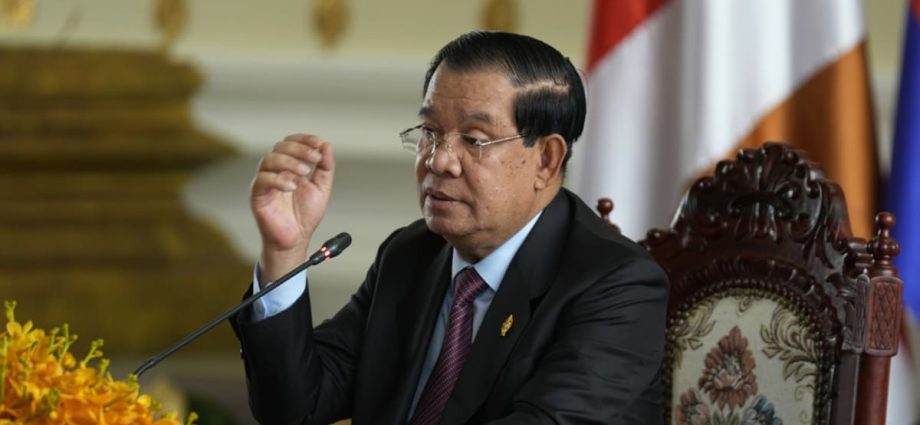
Four political parties, including Hun Sen’s ruling Cambodian People’s Party (CPP), the royalist Funcinpec Party and two small opposition parties are participating.
Of the 62-seat Senate, 58 seats will be voted on by 125 MPs and more than 11,000 local administrators. King Norodom Sihamoni will appoint two senators, while the National Assembly will appoint two others.
Most eligible voters are members of the CPP – who made a clean sweep of the Senate last election – making Hun Sen’s victory all but certain.
“This is a sign of the Hun family’s further consolidation of power,” Sebastian Strangio, author of Hun Sen’s Cambodia, told AFP.
“It is better to ensure that the position not fall into a potential rival’s hands.”
Becoming president of the Senate would protect his son and prevent the family’s control being undermined, Strangio added.
The National Electoral Committee is expected to take several weeks to publish official results.
But voters in the capital Phnom Penh seemed keen to see Hun Sen back in a position of authority.
“He has a lot of experience, so if he leads the Senate, our country will be prosperous,” commune chief Oeu Siphon told AFP.
The election follows lawmakers approving Hun Sen’s youngest son Hun Many as a deputy prime minister.
The government now includes a number of Hun Sen’s relatives, with several children of his allies also holding top jobs.
After coming to power in 1985, Hun Sen helped modernise a country devastated by civil war and genocide.
But critics say his rule has also been marked by environmental destruction, entrenched graft and the elimination of nearly all political rivals.

